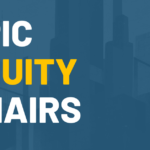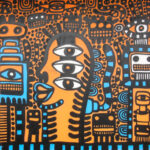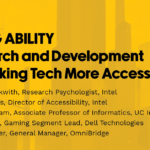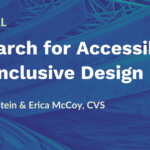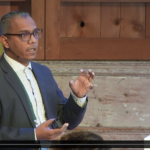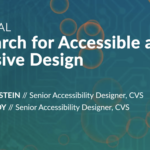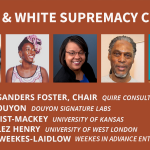
MARKUS ROTHMÜLLER
Bridgemaker GmbH
[s2If is_user_logged_in()]DOWNLOAD PDF
[/s2If]
[s2If current_user_can(access_s2member_level1)]
[/s2If]
“The future” cannot be “predicted,” but “preferred futures” can and should be envisioned, invented, implemented, continuously evaluated, revised, and re-envisioned. —Jim Dator, Hawaii, 1995
This paper introduces a framework called Target Worlds, with which I hope to offer an alternative to putting users, personas or target groups at the center of innovation. Instead I want to promote a more prudent approach that balances social, environmental, technological and financial sustainability in innovation.Target Worlds thereby tries to overcome issues of focus, scalability and responsibility in innovation by tackling the core of the problem: the targets of innovation work. The framework merges concepts of investigating ‘worlds’ today, identifying desirable futures for tomorrow and worldbuilding as a hands-on approach resulting in target worlds as new point of departure for...
